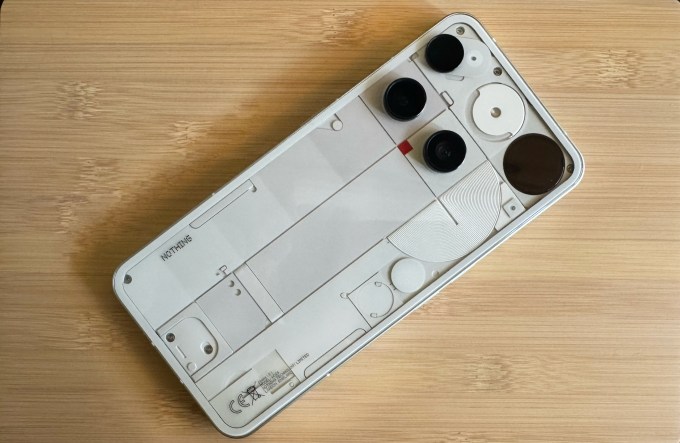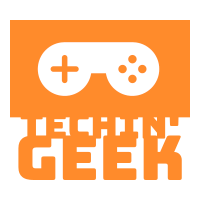Smartphone startup Nothing revealed today that it has successfully completed its Series C funding round, raising $200 million, led by the investment firm Tiger Global. Following this financing, the consumer electronics business is now valued at $1.3 billion.
Among the other investors in this round were existing supporters like venture capital firms GV, Highland Europe, EQT, Latitude, I2BF, and Tapestry. The firm, established by Carl Pei — who previously co-founded the Chinese smartphone brand OnePlus, recognized for its high-performance devices at affordable prices — also attracted new strategic support from Nikhil Kamath and Qualcomm Ventures. This new investment elevates Nothing’s total funding to over $450 million.
“Carl and the Nothing team are redefining hardware and software by incorporating AI to prepare their products for the future of personal technology. We’re thrilled to collaborate with this outstanding team as they lead the way in AI-native experiences,” stated Matt Watcher, a partner at Tiger Global, in an interview with TechCrunch.
The company announced it would soon initiate another community funding round. In past community rounds, Nothing raised a total of $11.5 million.
The startup has focused on design innovation thus far, which has benefitted them significantly. Nothing claims to have surpassed $1 billion in total sales earlier this year. An early investor in the company expressed satisfaction with its growth trajectory and path toward profitability.
To date, the startup has dedicated time to building a supply chain and infrastructure to launch products within months and distribute them globally. Notably, its recently released Phone (3) — featuring the company’s distinct transparent design and unique user interface — was only its second device to achieve general availability in the U.S.

Nothing holds less than a 1% market share worldwide, but in India, its largest market, it has captured a 2% share, according to analytics firm IDC. The company has shipped a total of 5.1 million units, with over a million units shipped in Q2 2025 alone. IDC noted that its global expansion has been sluggish, as 80% of its sales are still in Asia.
Techcrunch event
San Francisco
|
October 27-29, 2025
Pei has expressed a desire to orient his brand towards a new generation of users seeking alternatives to established players.
“The manner in which we’ve set our brand apart and differentiated our products genuinely resonates with our target consumers. We’re focusing on the next generation. They have an interest in technology, creativity, and design, and we’ve truly connected with that segment of consumers,” he shared with TechCrunch during the Phone (3)’s unveiling in July.
Highland Europe partner Tony Zappalà, an existing investor in the company, noted that Nothing has fulfilled its promises and still has significant potential in this vast industry. He remarked that Nothing is now a recognized name in the sector, providing advantages in attracting talent and establishing supply chain partnerships.
AI vision
The company aims to develop an operating system with AI and personalization capabilities that may extend beyond smartphones. Currently, glimpses of AI within the operating system include features like Essential Search, a smart search tool that aids users in information retrieval across their devices. The startup has brought aboard Sélim Benayat, a former executive at Linktree and founder of Bento (a platform for creating personalized landing pages for social media), to steer its AI services initiatives.
Zappalà mentioned that creating such an operating system poses challenges related to customer experience and trust.
“I believe that the challenge of creating a successful AI-first experience is not specific to Nothing. This challenge surpasses technical hurdles; AI capabilities must evolve to a point where users are not second-guessing the results,” he explained.
Companies like Apple have faced difficulties in effectively embedding AI functionalities into their operating systems. For Nothing, the challenge lies in striking the right balance between innovation and utility while implementing AI features.
Pei maintains that smartphones are the optimal medium for delivering AI and will remain “the dominant form factor for all consumer AI applications” for a minimum of three to five years, he stated during his discussion with TechCrunch in July.
With this funding announcement, the company indicated plans to introduce an AI-driven device in the coming year. However, success stories in AI hardware are scarce. AI hardware startup Humane was acquired by HP after facing challenges with its AI Pin device, and AI assistant company Rabbit has been striving to enhance its R1 device, recently rolling out a software update following dissatisfaction with the initial version.
